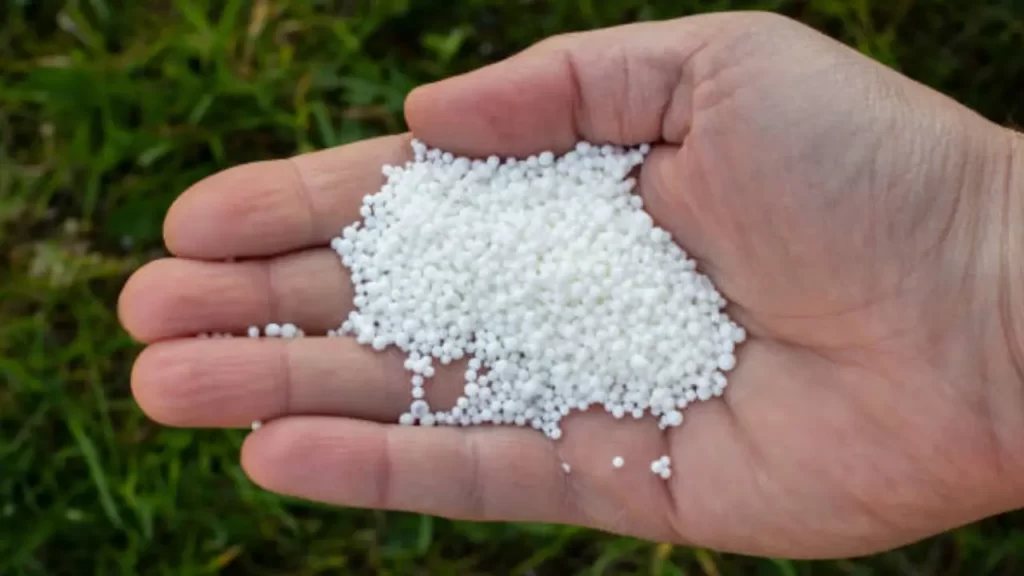Urea is a crucial component in the agricultural sector, particularly as a nitrogen-based fertilizer. Pakistan, being an agrarian country, heavily relies on urea to boost crop yield and maintain food security. The fluctuating urea price in Pakistan significantly affects the country’s agricultural output, economy, and the livelihood of millions of farmers. This article delves into the current urea prices, factors affecting urea prices, and their impact on Pakistan’s economy. It also provides insights into potential measures to stabilize urea prices.
Current Urea and Fertilizer Prices in Pakistan
Contents
The table below illustrates the current prices of different fertilizers in Pakistan, including urea:
Last Updated on Aug 1, 2023. We want to make sure you have the most up-to-date information on prices.
| Fertilizer/Khad Type | Today Price per 50 KG Bag |
|---|---|
| Urea – Sarsabz or Sona | Rs. 2,440 – 2,585 |
| SSP | Rs. 2,000 to 2,500 |
| SOP Granular | Rs. 11,570 |
| SOP granular- FFC | Rs. 15,500 – 16,000 |
| MOP – FFC | Rs. 11,900 – 12,100 |
| Sarsabz NP | Rs. 9,370 |
| DAP – Sarsabz | Rs. 11,450 |
Factors Affecting Urea Prices
Several factors contribute to the fluctuation of urea prices in Pakistan. Some of the most significant factors include:
Supply and Demand
The urea price in Pakistan is mainly driven by the dynamics of supply and demand. Increased demand for urea, particularly during the crop sowing seasons, often leads to a surge in prices. In contrast, a decrease in demand or an oversupply in the market can cause a price drop.
Government Policies and Subsidies
Government policies, such as import restrictions or export incentives, can also influence urea prices. Additionally, subsidies on urea production or distribution directly affect the price farmers pay for the fertilizer.
International Market Prices
Pakistan imports a significant portion of its urea needs, making it vulnerable to international market price fluctuations. A rise in global urea prices can directly result in higher prices within Pakistan.
Production Cost Factors
Urea production costs, such as raw material costs (natural gas) and transportation costs, significantly impact urea prices. Any increase in these costs can lead to higher prices for the end consumer.
Impact of Urea Price Fluctuations on Pakistan’s Economy
Urea price fluctuations directly affect Pakistan’s agricultural output, as higher prices can lead to reduced fertilizer usage, resulting in lower crop yields. Furthermore, increased urea prices can lead to higher food prices, affecting the country’s overall inflation rate. The agricultural sector’s profitability and sustainability are also at stake, as higher input costs can reduce farmers’ income.
Measures to Stabilize Urea Prices in Pakistan
To mitigate the impact of urea price fluctuations on Pakistan’s economy and ensure the agricultural sector’s stability, the following measures can be considered:
Diversification of Fertilizer Sources
Encouraging the use of alternative sources of nitrogen fertilizers, such as ammonium nitrate and calcium ammonium nitrate, can help reduce dependence on urea and create a more stable fertilizer market.
Encouraging Domestic Production
Enhancing domestic urea production capacity through investment in infrastructure and technology can reduce dependence on imports and provide a more stable supply, leading to less price volatility.
Government Intervention and Subsidies
Government policies and subsidies play a vital role in stabilizing urea prices. The government can consider providing targeted subsidies to farmers, particularly during the peak demand seasons, to cushion the impact of price fluctuations. Additionally, import and export policies should be revised to ensure a stable urea supply in the market.
Price Monitoring and Regulation
Establishing an effective price monitoring and regulation mechanism can help prevent artificial price hikes and ensure that urea is available to farmers at affordable prices.
Conclusion
Urea price fluctuations in Pakistan have a significant impact on the country’s agricultural sector, economy, and food security. Understanding the factors influencing urea prices and implementing targeted measures to stabilize them is crucial for the well-being of millions of farmers and the overall health of Pakistan’s economy. By diversifying fertilizer sources, encouraging domestic production, implementing effective government policies, and establishing price monitoring and regulation mechanisms, Pakistan can achieve more stable urea prices and a thriving agricultural sector.


